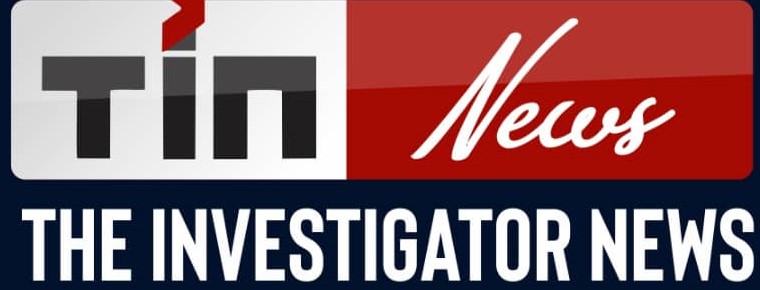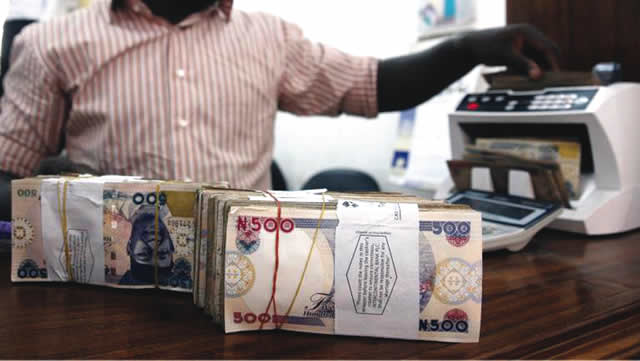From 16 to 45 percent of Nigerians had accounts with regulated organisations in 2021, including banks, microfinance institutions, and mobile money service providers.
In a report titled “The Global Findex Database 2021: Financial Inclusion, Digital Payments, and Resilience in the Age of COVID-19,” the World Bank made this disclosure.
According to the Bank, the overall account ownership rate in developing economies rose by 30 percentage points, or more than 70%, from 42 percent in 2011 to 71 percent in 2021.
The Bank’s position
According to the World Bank, global account ownership rose by 50% between 2011 and 2021, from 51% to 76%. During the time period under consideration, Nigeria’s account ownership growth increased from 30 to 45 percent.
Individual economies experienced varying rates of growth over the previous ten years, it was stated. The average increased by at least 25 percentage points between 2011 and 2021 thanks to the economies of Peru, South Africa, and Uganda, among others, which all saw increases in account ownership.
Other economies experienced much smaller growth over longer stretches, the Bank continued. For instance, Pakistan’s growth over the past ten years was only 10 percentage points, from 10% in 2011 to 21% in 2021. From 10% to 27% in Egypt and from 30% to 45% in Nigeria, respectively, the Arab Republic of Egypt and Nigeria increased ownership by 18 and 16 percentage points, respectively.

According to the world bank, having a bank account is an important sign of financial inclusion because it enables both men and women to use financial services in a way that fosters growth.
According to the report, owners of accounts, whether they are with a bank or a regulated organisation like a credit union, microfinance institution, or mobile money service provider, were able to store, send, and receive money, enabling them to invest in their health, their children’s education, and their businesses.
The lender claims that because account holders can easily rely on their savings or receive financial assistance from friends or family in times of need, it is harder for them to fall into poverty.
The global bank added that the adoption of mobile money was the reason for the rise in account ownership in Nigeria and other Sub-Saharan African countries.
According to the report, “In Sub-Saharan Africa in 2021, 55% of adults had an account, with 33% of adults having a mobile money account. This was the highest share of any region in the world and more than three times larger than the 10% global average of mobile money account ownership.
If you didn’t notice
Despite increased access to education over the past few decades, the World Bank reports that Nigeria has the highest percentage of OOS children worldwide.
The COVID-19 pandemic reportedly sparked financial inclusion and resulted in a sharp increase in digital payments, according to Nairmetrics.
Nigeria’s growth prospects have improved for the next three years, according to the World Bank, primarily due to a stronger non-oil recovery and higher global oil prices. However, Nigeria’s macroeconomic foundation has deteriorated, making the nation more susceptible to domestic and international shocks.



